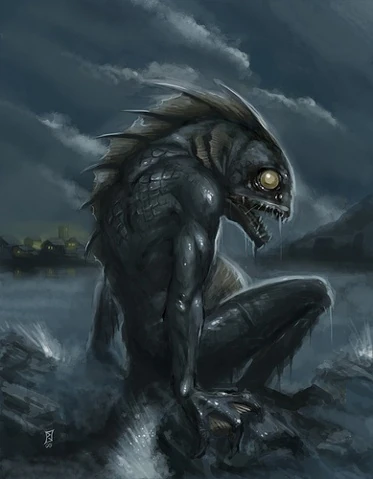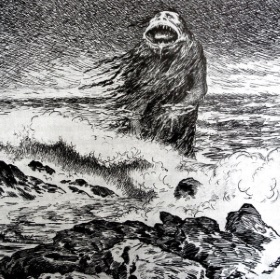SkaldAndRaven
 Acolyte
Acolyte
As is obvious, a great deal of modern fantasy takes heavy inspiration from mythologies and stories from around the world. Nearly all of us know the big ones like Norse, Celtic, Greek, and Egyptian mythologies. These hardly scratch the surface though. There are so many different faiths, stories, folktales, and mythologies from around the globe. I often find myself looking for different mythologies to research as I find them enjoyable to read about and highly inspiring in my own work.
A few of my personal favorites are:
A few of my personal favorites are:
- Sumerian
- Carthaginian
- Iroquois
- Slavic

 Myth Weaver
Myth Weaver
 Maester
Maester Istar
Istar Troubadour
Troubadour
